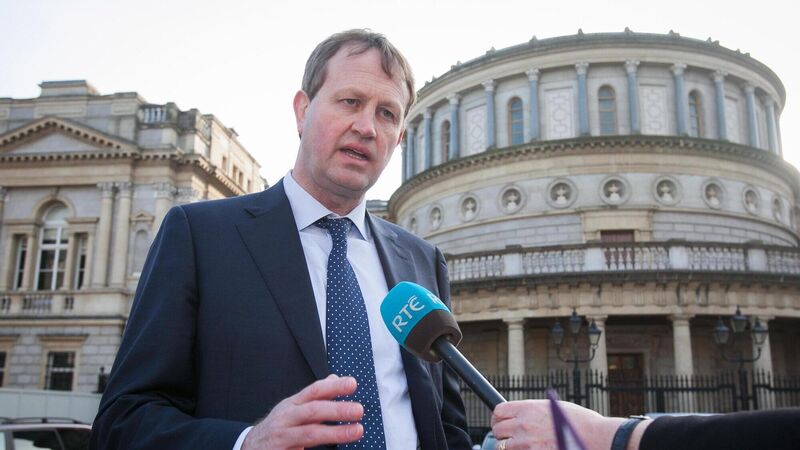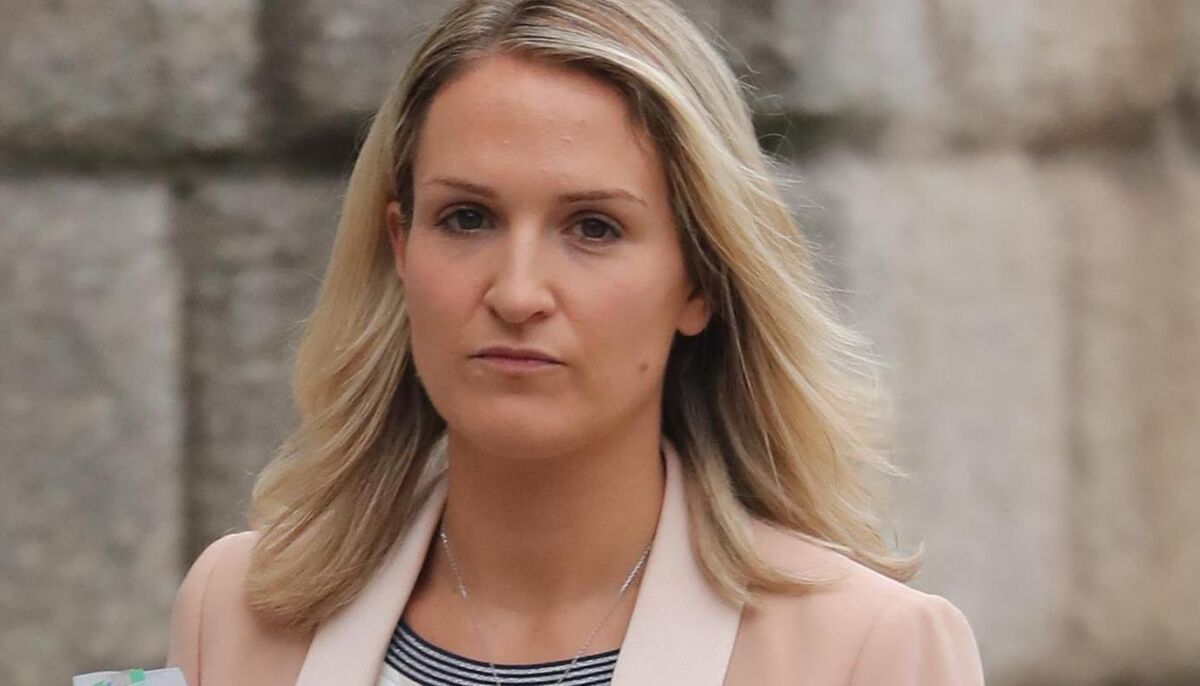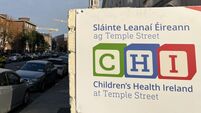Justice minister urged to reverse ban on identifying murdered children

Fianna Fáil's Jim O'Callaghan, who has petitioned the justice minister to intervene to reverse the decision. File Picture: Gareth Chaney Collins
Justice minister Helen McEntee has been called upon to remove an effective ban on identifying families of homicide victims.
A controversial judgement last week from the Court of Appeal concluded that it is not permissible for juvenile victims of homicide to be identified — thereby severely impacting the ability of families to speak publicly, and on the media’s ability to report on trials.
Fianna Fáil TD and senior counsel Jim O’Callaghan has tabled an amendment to restore the previous status quo, which he has demanded Ms McEntee expedite.
His letter, seen by the , says the judgement will have “very negative consequences” for the public interest and, indeed, children who are the victims of homicide.
“It will also give rise to very many anomalies and may ultimately prevent the media from reporting the identity of children who are the victims of homicide, even before individuals are charged with an offence in relation to the death of a child. I also believe the ruling will have negative consequences for adults who wish to waive their anonymity about the fact that they were the victims of a sexual offence when they were a child."
He said he believes a brief amendment of the Children Act 2001 can resolve the issue.
"I think the Government should adopt this bill and expedite it through the Houses of the Oireachtas as quickly as possible,” he added.
Speaking to the , Mr O’Callaghan said Section 252 of the act was introduced to protect children who are victims of crime by ensuring that their identity is not disclosed during criminal proceedings.

The Oireachtas never intended that the section would be used to prevent the identification of children who were victims of homicide, he said.
“Unfortunately, the recent decision of the DPP to invoke this section and the consequent judgement of the Court of Appeal means that persons accused of killing children will no longer have their names published if that publication could identify the deceased child,” he said.
“This not only creates legal anomalies, but very real absurdities. Recently murdered children who have been identified in the newspapers may have the future publication of their identity prevented when an accused is charged. Murdered children deserve to be recognised and identified rather than being anonymised for a purpose that only serves the accused."
A spokesman for Ms McEntee said that both the Department of Justice and the Department of Children, Equality, Disability, Integration and Youth are examining the Court of Appeal's ruling.





